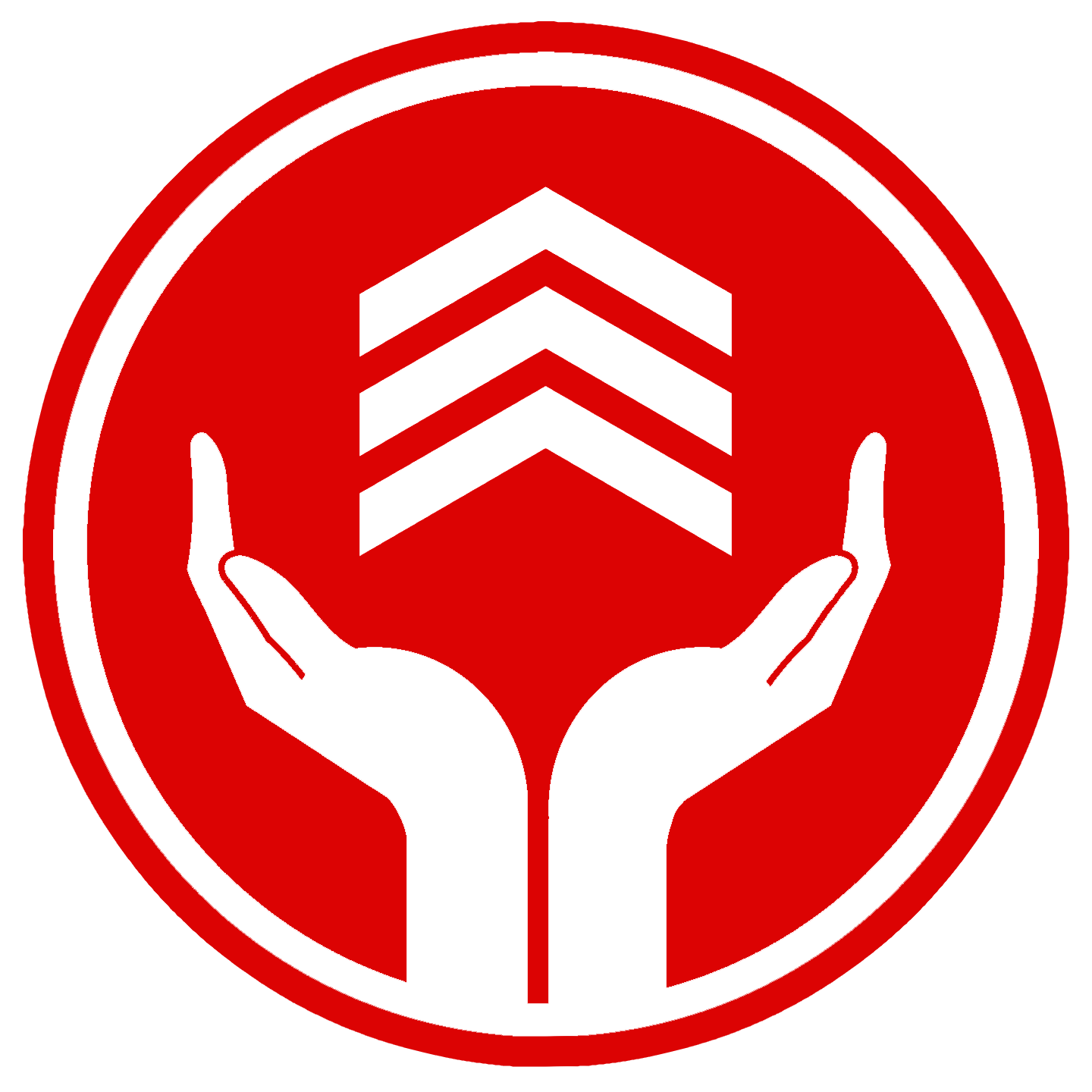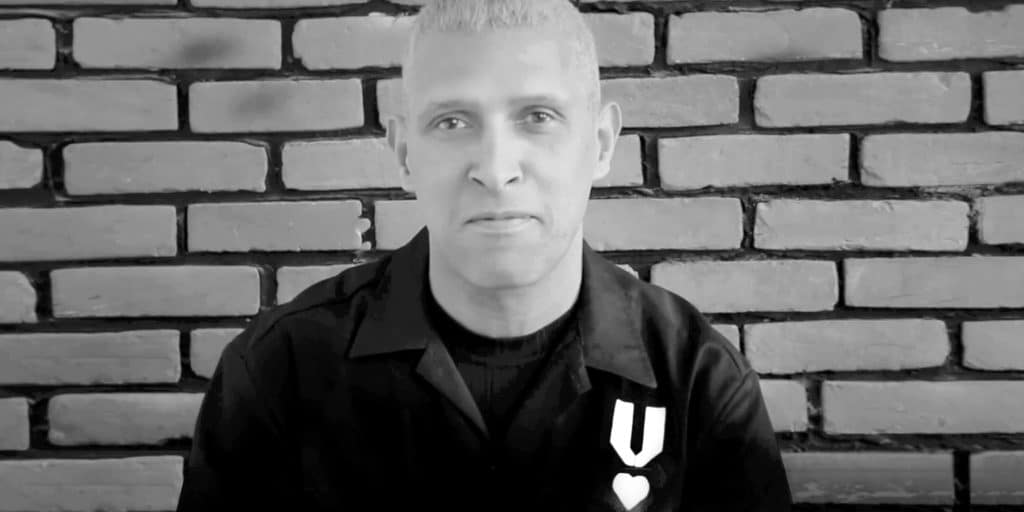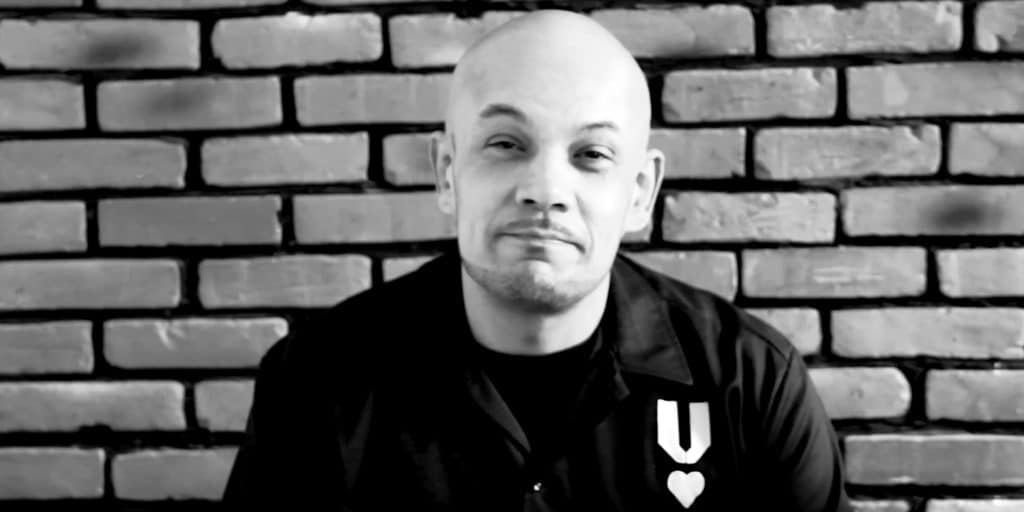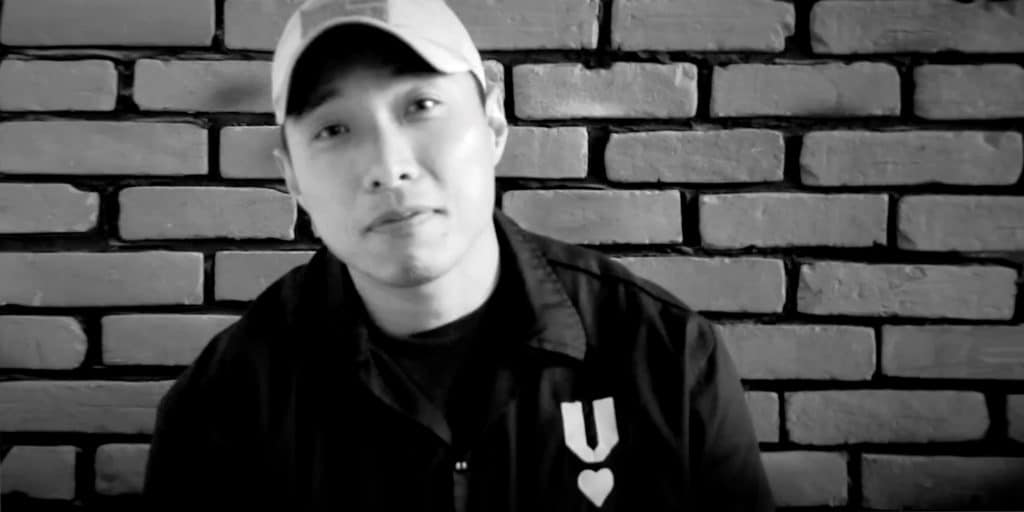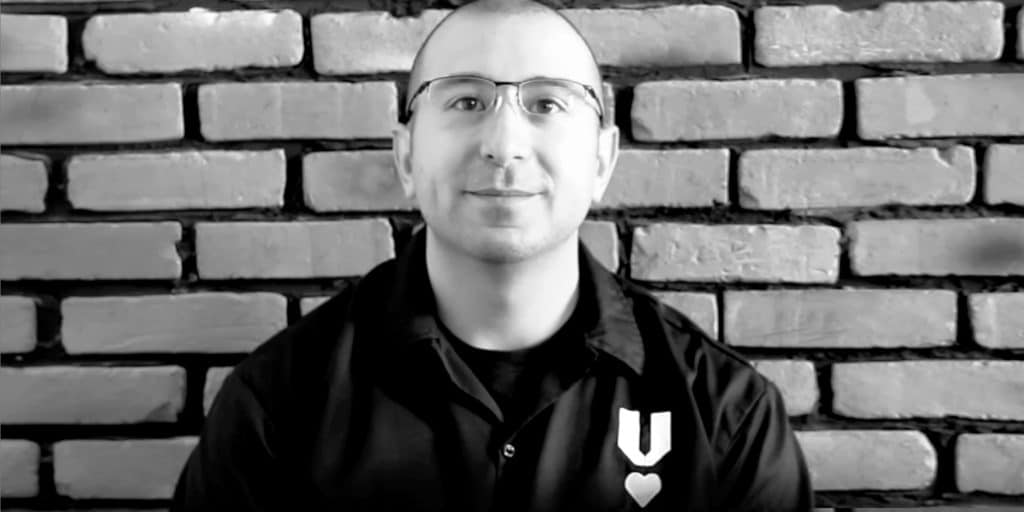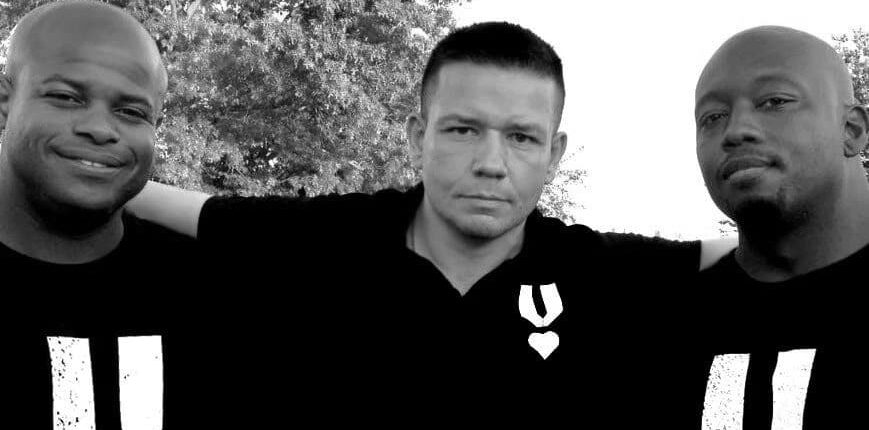PROJECT 360º
A three phase program developed for veterans, by veterans.

Phase I. Health
Mentorship + Mediation
Phase 1 addresses the mental and emotional health factors that play a key role in a successful transition from military to civilian life. Upon entry, veterans are paired with a mentor who offers guidance and support during each of the three phases. Family mediation sessions are provided to help military families cope with the challenges of having a loved-one return from war as a changed person.
A key aspect of Phase 1 includes integrated PTSD treatment. Clinical research conducted by the U.S. Dept. of Veterans Affairs highlights the correlation between PTSD and suicide among veterans, while considering comorbid diagnoses. Phase 1 integrates holistic treatments to manage PTSD symptoms, and reduce reliance on addictive prescription medications.

Phase II. Security
Education + Employment
In Phase 2, we address security factors such as social, education, and employment needs through our community partnerships. Mentors play a key role in identifying the veterans educational and vocational goals, help them apply for benefits, and enroll in Yellow-Ribbon certified education programs.
For those in need of developing new professional skills, Phase 2 offers a diverse selection of training programs, followed by scheduled job interviews. These opportunities are made possible through VRL’s network of supporting employers from the local community.
Phase III. Purpose
Volunteer Service
In Phase 3, veterans volunteer for a humanitarian mission, and are given the option to care for a child or veteran, that was harmed in the crossfire of war. This experience allows them to rediscover their sense of purpose, and have a positive impact on the lives of others.
The impact of this final phase becomes evident through the humanitarian missions accomplished by Project 360º volunteers. These veterans not only understand the mission’s purpose, but also possess unique qualifications to achieve it.
Data Driven Solutions
Mentors keep a detailed record for each of their assigned veterans. By documenting milestones and breakthroughs, this record serves to improve the program for future participants, and provides the public with accurate reporting, available on GuideStar.


